
News about Science
Viser 1873 til 1896 af 3166 dokumenter.


The modern dog fights a lonely battle

Daisy 6.32 out on all platforms

Shiwen Yang - new PhD student

Aske Luja Lehmann Rosted
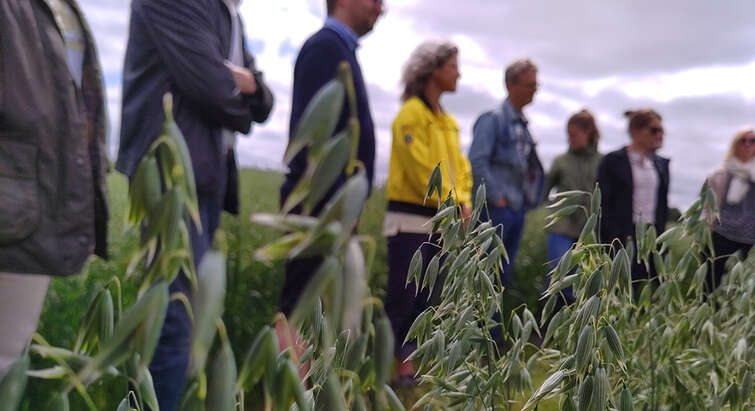
Time to harvest the crops that will make vegan beef better
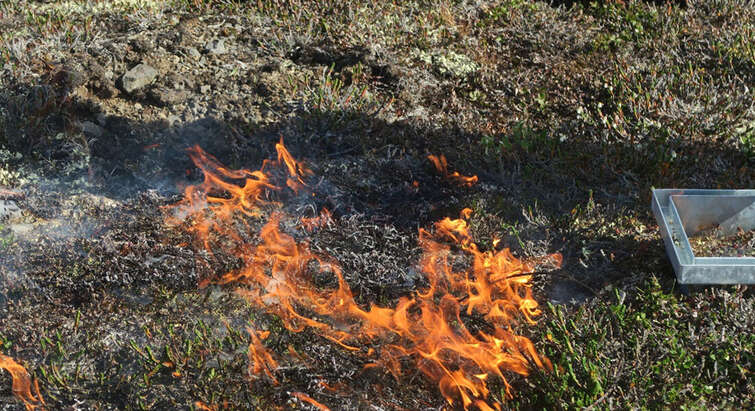
Wildfires affect the greenhouse gas balance of tundra heath ecosystem
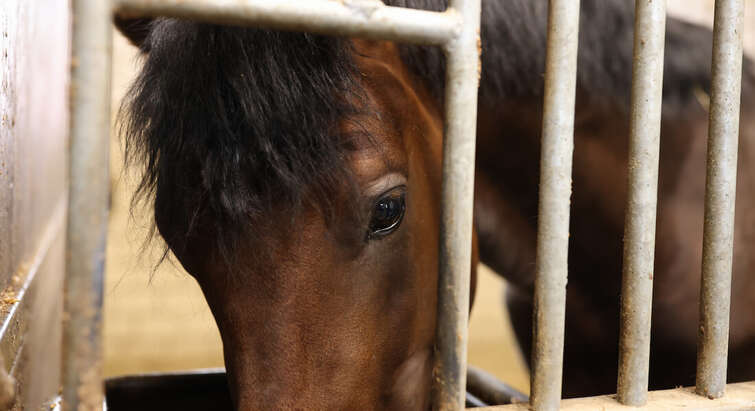
Ethicists’ commentary on obtaining hormones from pregnant mares

Han Lei

New Paper on Flood Risk Vulnerability
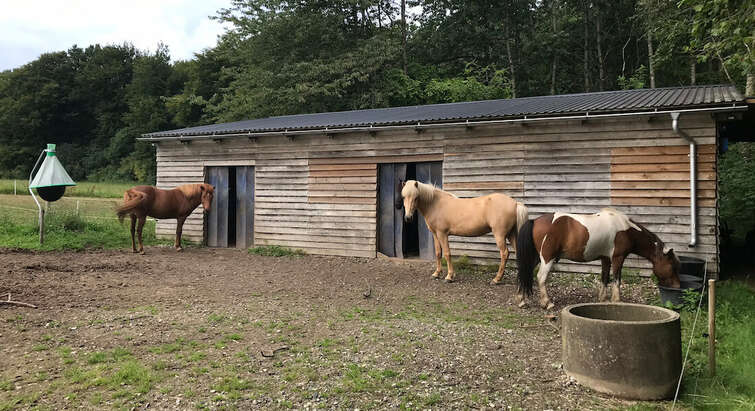
Shelter use by horses during summer in relation to weather conditions and horsefly (Tabanidae) prevalence

Hanne Rabe - DAAD intern
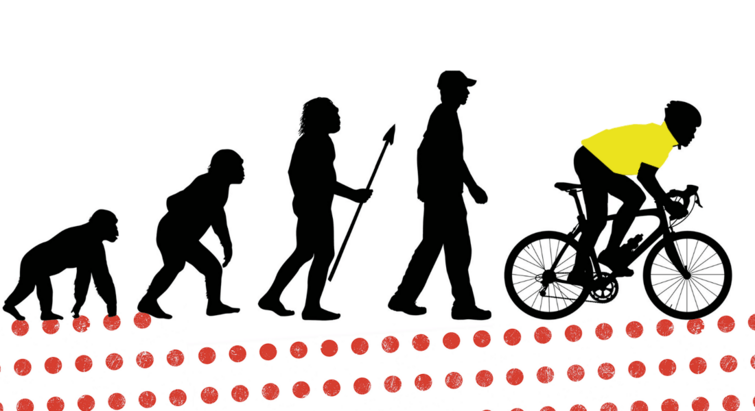
Perspiration and an ingenious suspension prepared early humans for the yellow jersey

New method to map the surface of the moon increases accuracy to unprecedented levels
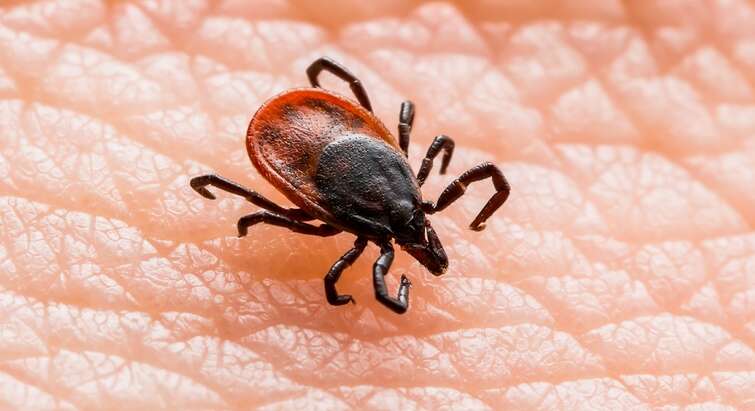
When you Google the word 'tick', you're helping science

Compact, massive triple star system detected for the first time

Mathias Ajami
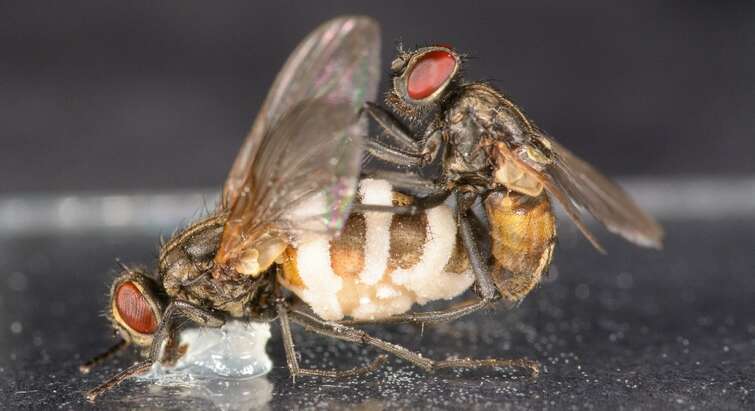
Zombie fly fungus lures healthy male flies to mate with female corpses
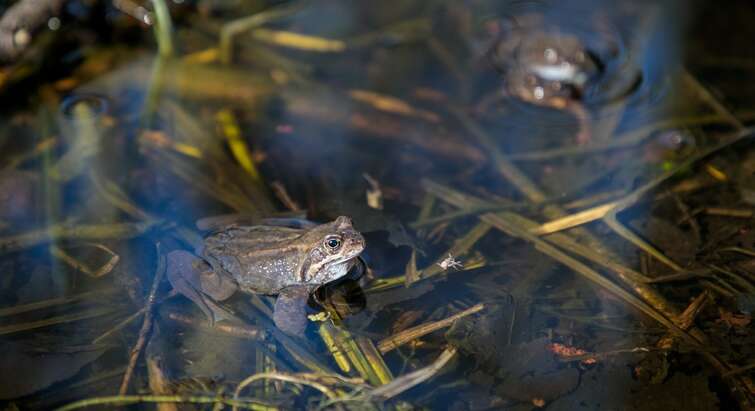
New biodiversity report: The value of nature should be included in Danish economic decision making
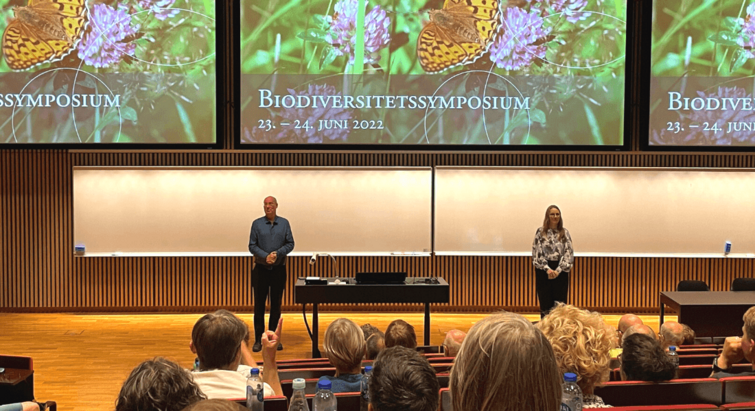
450 people attended the Biodiversity Symposium

Radio- and microwaves reveal true nature of dark galaxies in the early Universe

Cheese-based ‘magic dust’ will make you love plant-based meals

Giulia Sinnl

